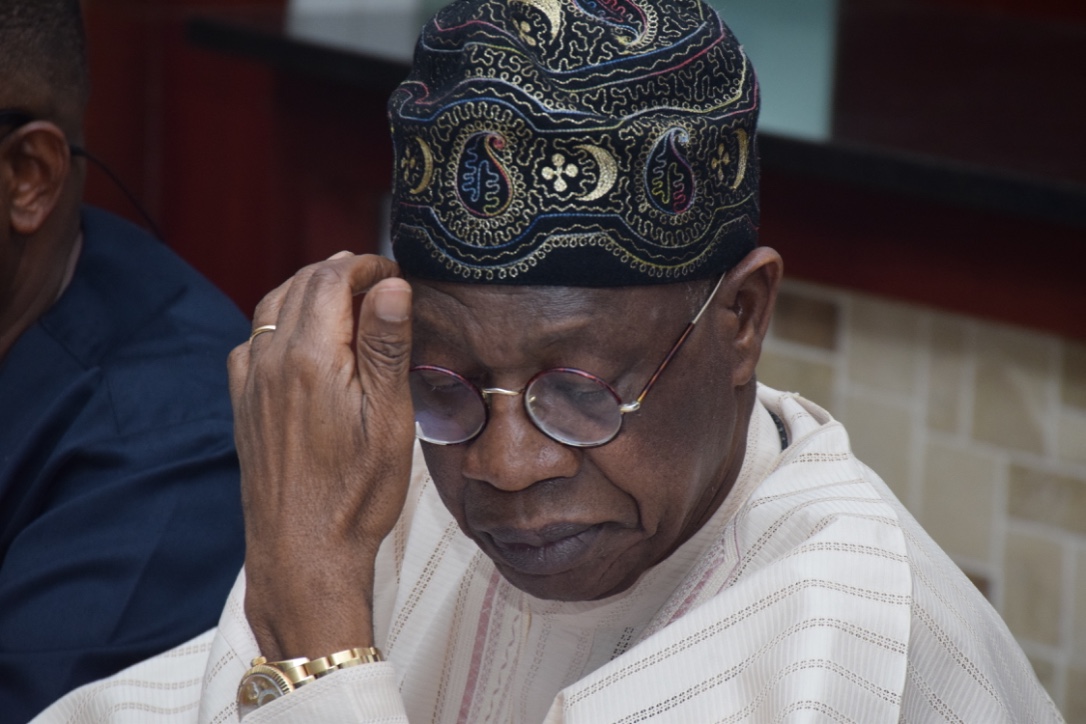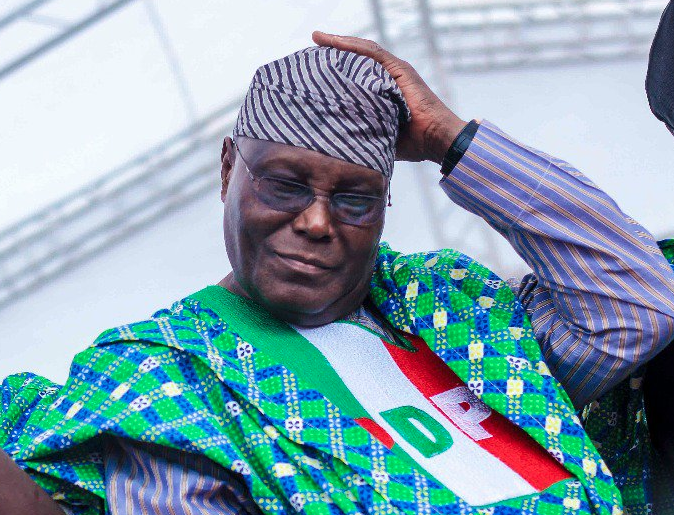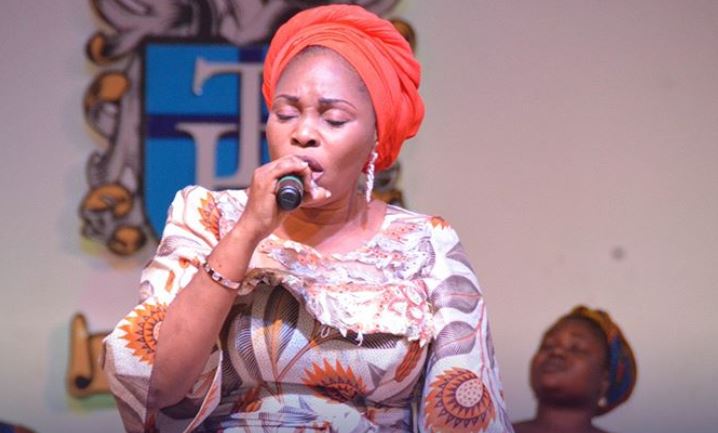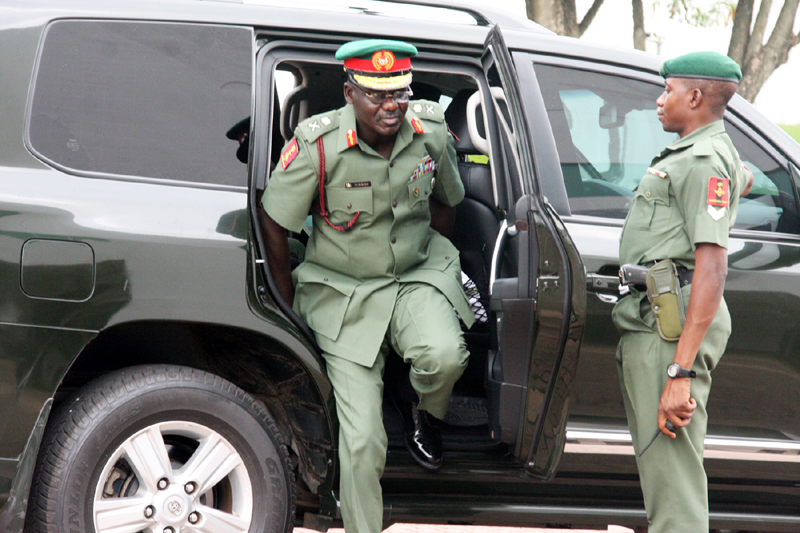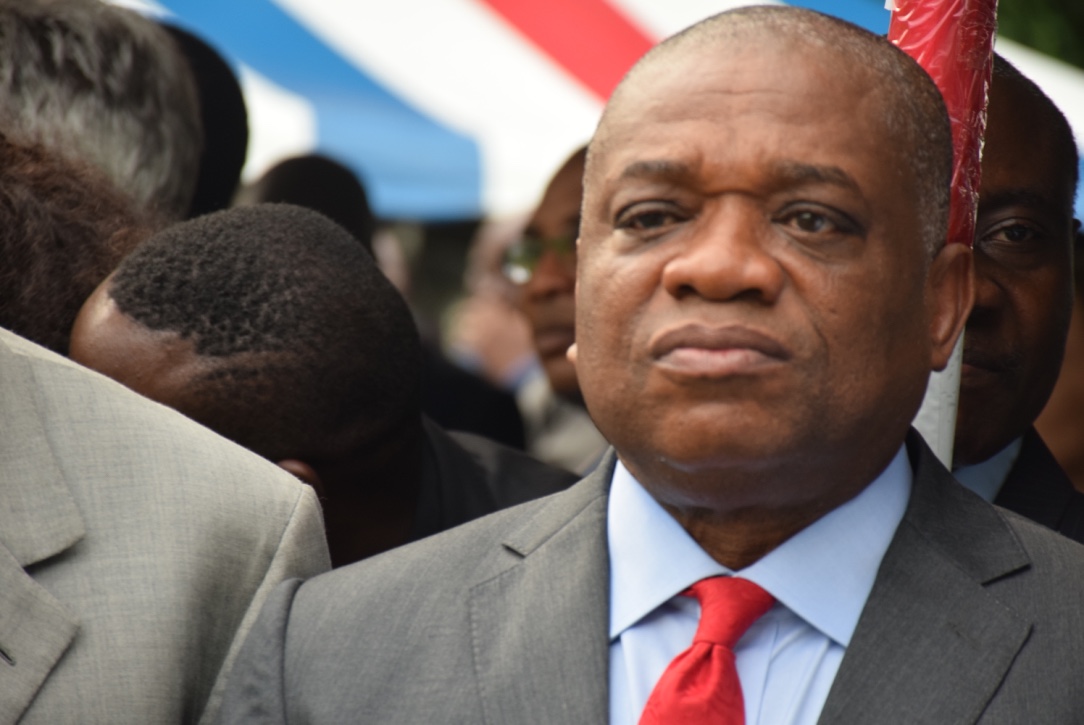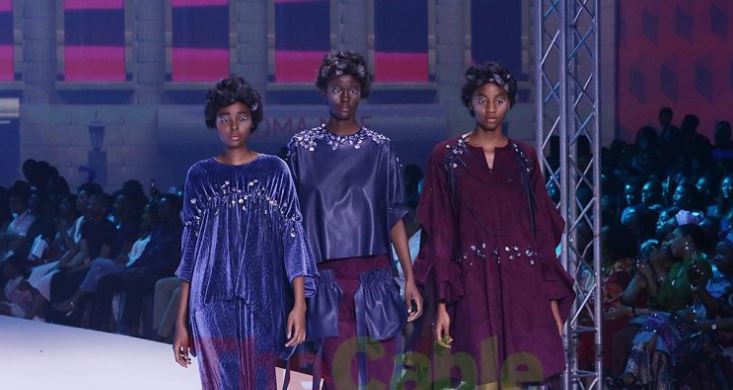Countless times, the senate, particularly the current one led by Abubakar Bukola Saraki, has been accused of being a clog in the wheel of the country’s progress. Such accusations often arise when the senators differ with the executive on issues.
The current senate has disagreed with the executive on issues ranging from the approval of loans, summoning of appointees and confirmation of nominees. One of such issues that easily comes to mind is the summoning of Hammed Ali, comptroller-general of the Nigerian Customs Service (NCS), over a vehicle tariff and his refusal to wear uniform.
To cut a long story short, the senate called for his resignation of Ali after Abubakar Malami, attorney-general of the federation (AGF), told the lawmakers in a letter that the matter of Ali’s refusal to wear uniform was before the court. Ali is still in office.
The non-confirmation of Ibrahim Magu as chairman of Economic and Financial Crimes Commission (EFCC) is also another contentious issue. The lawmakers rejected him twice but the executive kept him in that position. To protest this, the senate decided to suspend the confirmation of nominees sent to it by President Muhammadu Buhari.
Advertisement
The frosty relationship got to its peak when the Peoples Democratic Party (PDP) senators called for Buhari’s impeachment in April after his government expended over $400 million to purchase fighter aircraft without approval from the national assembly.
However, all these are now waters under the bridge because Saraki who defected to the PDP few months back and senators of the All Progressives Congress (APC) have since struck a peace deal.
The senate has started confirming those nominees it had once put “in a cooler” and approving the president’s requests. Of recent, it approved the virement request of N242 billion for the 2019 polls just as the president wanted.
Advertisement
As a student of government, I have learnt that you cannot subtract the principle of separation of power from a democracy. But is the senate or the national assembly allowed to exercise its powers the way the executive does? Would Nigerians be able to look past sentiments to the functions of the various arms of government viz-a-viz the law?
With the 8th senate having about six months left and having opposition party in leadership, there are fresh issues that need to be addressed.
Biodun Olujimi, senate minority leader, recently raised the dust with two motions which urgently needs to be looked into. A motion on the $3.5 billion fuel subsidy fund allegedly operated by two individuals in the Nigeria National Petroleum Corporation (NNPC) and another one on the allegation that the Social Investment Programme (SIP) being used to buy votes ahead of the 2019 general election.
Will the senate be labeled as a “resistance” if the outcome of the probe of these issues do not go down well with the executive? There is no doubt that some actions of the senate or the national assembly have political undertones, but should it be a rubber stamp to the executive? How can Nigerians see through the actions of the executive, legislature or judiciary without denigrating them?
Advertisement
We should not weaken or look down on state institutions because some of us like Buhari or hate Saraki. They will leave office some day and what would be left of institutions of state?
Shibayan can be reached on Twitter @justdyepis
Add a comment


